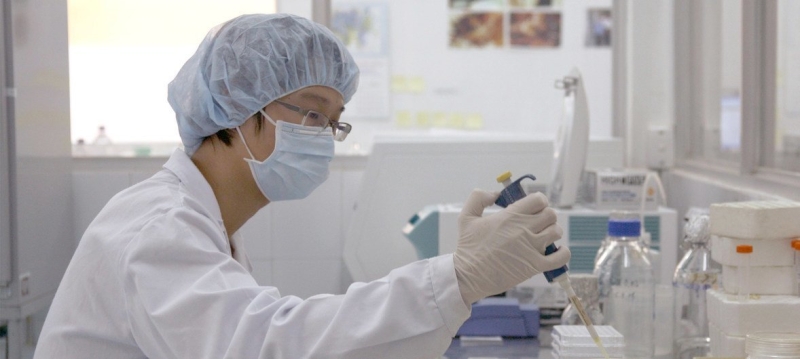
The Technology Transfer Programme developed and deployed a platform that was used to determine the immunogenicity, efficacy, and safety of a COVID-19 vaccine candidate. WHO launches new initiative to develop avian influenza vaccines Health
A new project to accelerate the development and availability of messenger RNA (mRNA) vaccine candidates against human avian influenza (H5N1) to manufacturers in low- and middle-income countries was launched today, the World Health Organization announced.
Argentinian manufacturer Sinergium Biotech will lead this effort through the mRNA Technology Transfer Program. The program, a joint effort between the World Health Organization (WHO) and the Medicines Patent Pool, was launched in July 2021 to develop capacity to develop and manufacture mRNA vaccines in low- and middle-income countries.
Once Sinergium Biotech’s partner company completes preclinical studies, its technology, materials, and expertise will be shared with other manufacturing partners to accelerate the development of H5N1 vaccine candidates and strengthen preparedness for a potential pandemic.
“This initiative demonstrates why WHO established the mRNA Technology Transfer Programme – to support scaling up research, development and production in low- and middle-income countries so that when the next pandemic strikes, the world is better prepared to respond more effectively and equitably,” said WHO Director-General Tedros Adhanom Ghebreyesus.
Read also:
New bird flu variants: FAO calls for urgent action to prevent pandemic
Avian influenza viruses pose a significant risk to human health due to their widespread circulation among different animals. This development complements WHO’s ongoing work under the Pandemic Influenza Preparedness Framework to improve and strengthen data sharing and access to vaccines in low- and middle-income countries.
Since its inception, the Technology Transfer Programme has developed and deployed a platform that has been used to determine the immunogenicity, efficacy, and safety of a COVID-19 vaccine candidate in preclinical animal models. The work of this initiative has become an important part of WHO’s efforts to improve the availability, access, and use of mRNA vaccines and ensure equitable distribution of vaccinations across the world.
